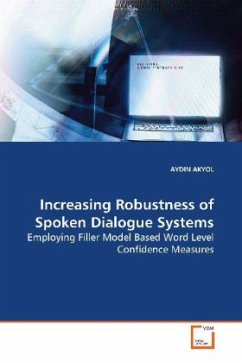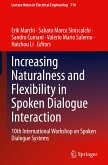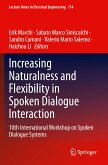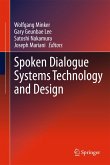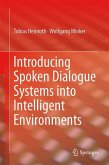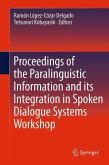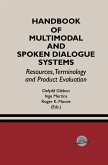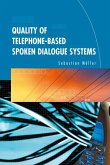In conversational dialogue applications it is
critical to understand the requests accurately.
However, the performance of current speech
recognition systems are far from perfect. In order to
function effectively with imperfect speech
recognition, an accurate confidence scoring mechanism
should be employed. To determine a confidence score
for a hypothesis, certain confidence features are
combined. In this work, the performance of
filler-model based confidence features are
investigated. Five types of filler model are defined:
triphone-network, phone-network, phone-class network,
5-state catch-all model and 3-state catch-all model.
First all models are evaluated in terms of their
ability to correctly tag (miss or hit) recognition
hypotheses. Then the performance of reliable
combinations of these models are evaluated to show
how certain reliable combinations of filler models
could significantly improve the accuracy of the
confidence annotation. Moreover to show the practical
side of the work, an implementation of a real
dialogue management system is described.
critical to understand the requests accurately.
However, the performance of current speech
recognition systems are far from perfect. In order to
function effectively with imperfect speech
recognition, an accurate confidence scoring mechanism
should be employed. To determine a confidence score
for a hypothesis, certain confidence features are
combined. In this work, the performance of
filler-model based confidence features are
investigated. Five types of filler model are defined:
triphone-network, phone-network, phone-class network,
5-state catch-all model and 3-state catch-all model.
First all models are evaluated in terms of their
ability to correctly tag (miss or hit) recognition
hypotheses. Then the performance of reliable
combinations of these models are evaluated to show
how certain reliable combinations of filler models
could significantly improve the accuracy of the
confidence annotation. Moreover to show the practical
side of the work, an implementation of a real
dialogue management system is described.

